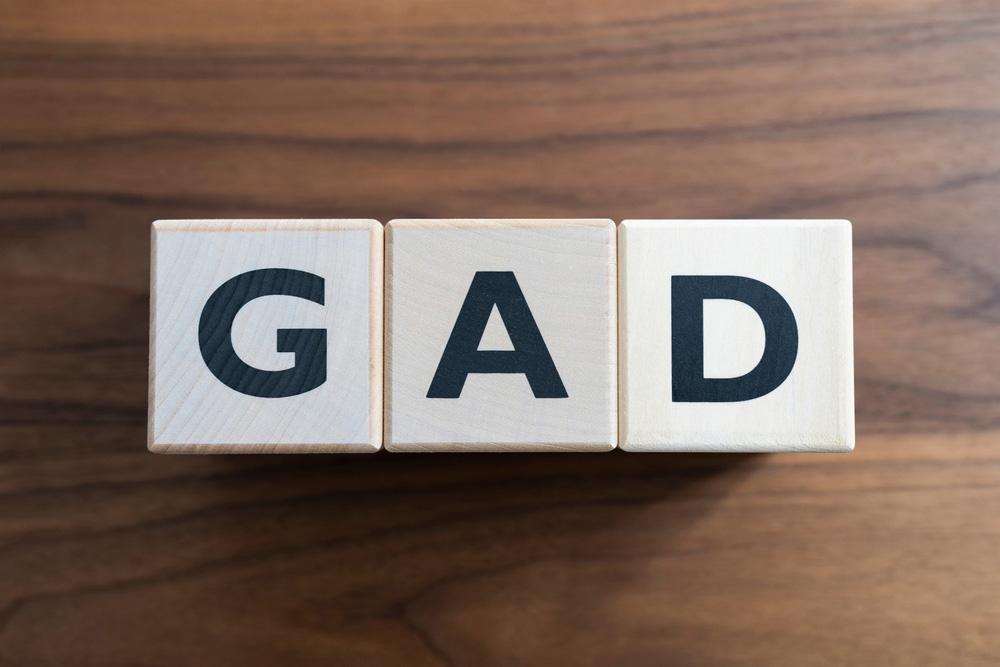Life can get stressful, and everyone experiences anxiety occasionally. However, people with generalized anxiety disorder struggle with excessive, ongoing or unrealistic worries that are out of proportion to their circumstances. GAD can be challenging to manage, especially when it interferes with your daily activities.
Generalized Anxiety Disorder Causes and Effects
While many people get anxious before pivotal events like a work presentation, GAD is different from these fleeting moments of anxiety because it can spiral out of control to a point where all your thoughts are irrationally negative.
If you have generalized anxiety disorder, there is not one isolated cause of your elevated stress levels and internalized pessimism. Instead, people develop mental illnesses due to a complex interplay of variables such as genetics, brain chemistry, personality, environment, upbringing and life choices such as alcohol and drug use.
In addition to affecting your thought processes, GAD can cause several mental, emotional and physical symptoms, including:
- Muscle aches and tension
- Insomnia
- Frequent panic attacks
- Agitation, irritability and restlessness
- Ongoing fatigue
- An elevated heart rate
- Difficulty concentrating on tasks
GAD often co-occurs with other mental health conditions, like PTSD, social anxiety disorder, clinical depression, phobias or substance use disorders. The presence of a dual diagnosis can make it more challenging for health professionals to accurately assess your condition and recommend an appropriate treatment strategy. However, you can and should take steps to learn how to get your anxiety under control. If your anxiety symptoms have interfered with your daily life for at least six months, schedule an appointment with your general practitioner.
Effective GAD Treatment Strategies
Often, a combination of medication and talk therapy proves successful at treating generalized anxiety disorder and helping you get your life back under control. You may also want to try making some specific lifestyle changes.
-
-
- Exercise: Physical activity can help you work off some of the nervous energy that tends to accompany anxiety. After a workout, your body will also release endorphins that naturally boost your mood.
- Go outside: Vitamin D plays an essential role in many functions, including mood regulation. Your body makes vitamin D on its own when exposed to only a few minutes of sunshine. The experience of being outdoors is also relaxing.
- Do mindfulness activities: The thought of sitting quietly and focusing on your breath may sound intimidating if anxiety makes your thoughts race. Instead of meditating, try incorporating more mindfulness into daily activities like eating and doing chores.
- Try a new hobby: Learning new things can occupy your restless brain and direct your focus away from your anxiety triggers.
- Change your diet: People with GAD should steer clear of caffeine. Switch to decaf coffee and tea, and choose a balanced diet full of fresh produce, whole grains and lean protein sources.
-
Speak to Someone Who Can Help You
Established in 2012 and situated along the beautiful California coast, PACE Recovery Center proudly serves men recovering from substance misuse and co-occurring mental or behavioral illness. Contact us today to ask about our admissions process, verify your insurance coverage and learn more about starting your recovery in a single-gender environment.



